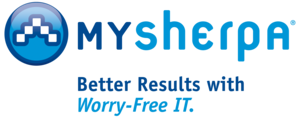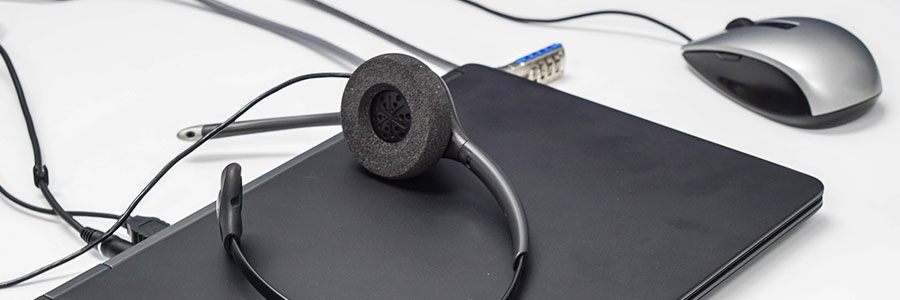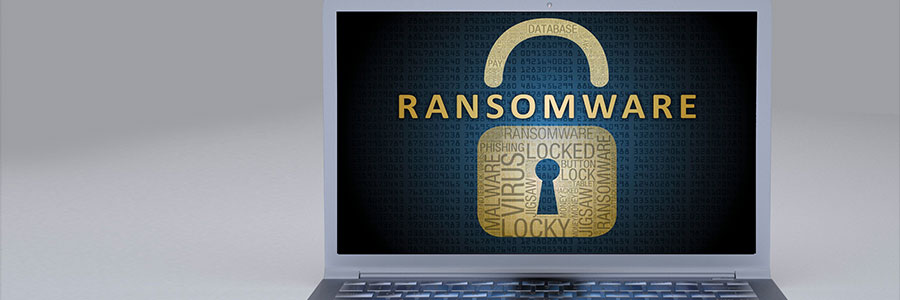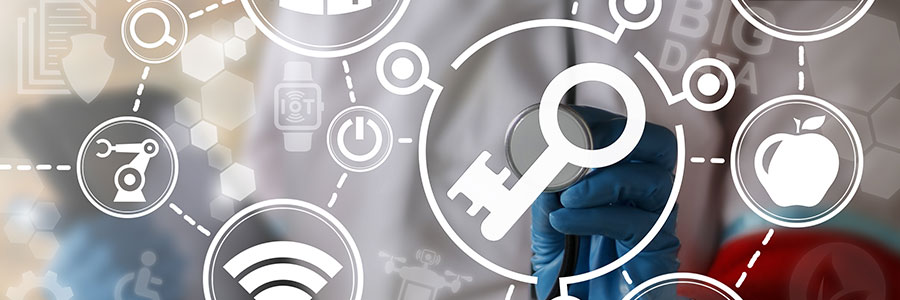The general rule of thumb of cybersecurity is: Anything that connects to the internet can be hacked. With the increasing popularity of Internet of Things (IoT) in the workplace, every business should be on high alert, especially those in the healthcare industry where patients' well-being hinge on the security of the device.
Five steps to ensure VoIP service continuity
Ransomware targets healthcare again
Healthcare field looks toward blockchain
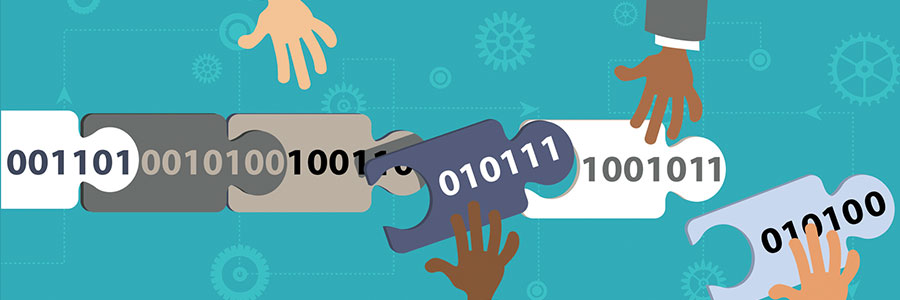
Blockchain technology has significant implications for every industry, but healthcare is ideal for the increased security and efficiency that come with this new trend. Read on to ensure you’re prepared for what’s coming.
What is blockchain?
Although the technology was first associated with Bitcoin and other digital currencies, blockchain is not exclusive to the financial sector.
MR to be removed from Google search
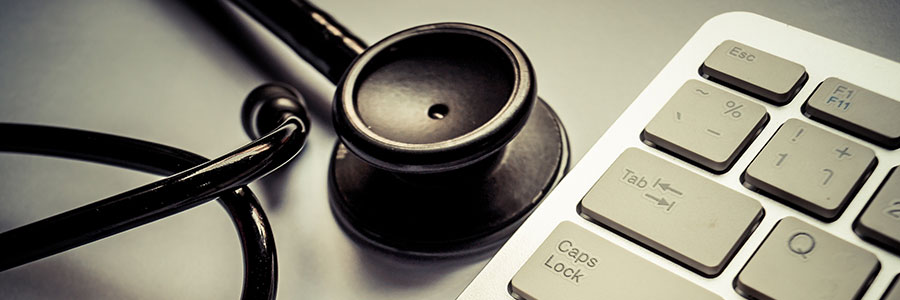
If you imagine medical records as being stored in a cabinet somewhere in your local hospital, think again. Until quite recently, medical records were publicly accessible via Google. In an effort to prevent cybercriminals from capitalizing on these resources, Google has removed sensitive medical records from appearing in search results.
Prevent ransomware with HIPAA compliance
Kanye West and HIPAA: an unlikely lesson

Learning about HIPAA is no fun task. To make it a little more interesting, we’re going to spice it up with a guest appearance by Kanye West. The musical artist’s recent stay at an LA hospital is a great example of what you need to know when educating employees about what constitutes a breach and how to avoid them.
The rising popularity of telemedicine

Administering medical care electronically makes a lot of sense. It’s a practical way for patients to receive care and for doctors to provide it. Advances in telemedicine, a type of medical practice that takes place without the doctor and patient sharing the same physical space, is increasing in popularity, and rightly so.
Healthcare software: a healthy development
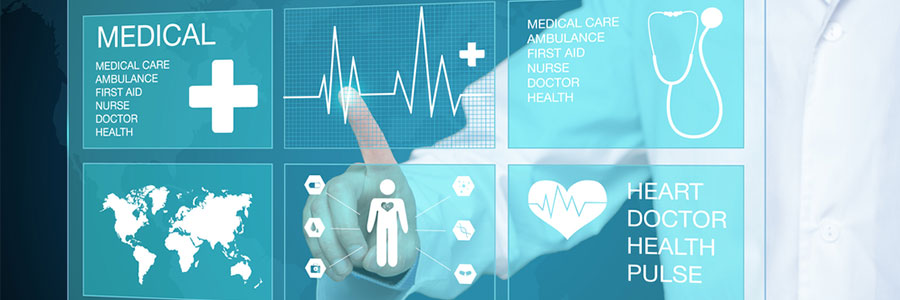
Some healthcare companies see HIPAA and other compliance regulations as a bane to their business, mainly because of the lengthy and complicated requirements. Poring over authorities’ regulations and ensuring that all areas of operations remain compliant call for a high level of expertise, something that small- and medium-sized businesses may lack.
2017 HIPAA forecast: 3 important reminders
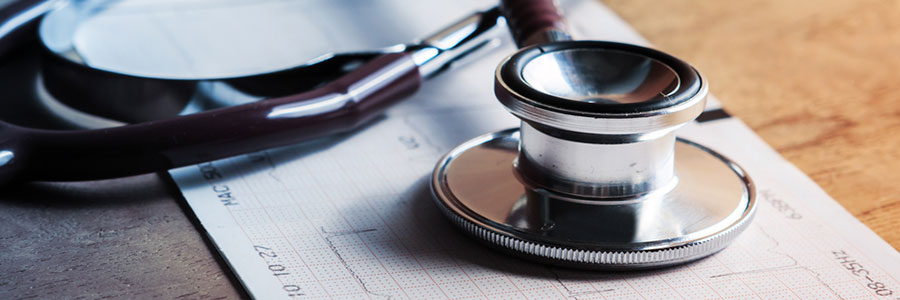
Although totally necessary, data privacy regulations are often a gigantic headache. And king among the various compliance standards is HIPAA. Despite the legislation’s enactment back in 2003, the rules governing electronic medical records and protected health information continue to change and evolve every year.
